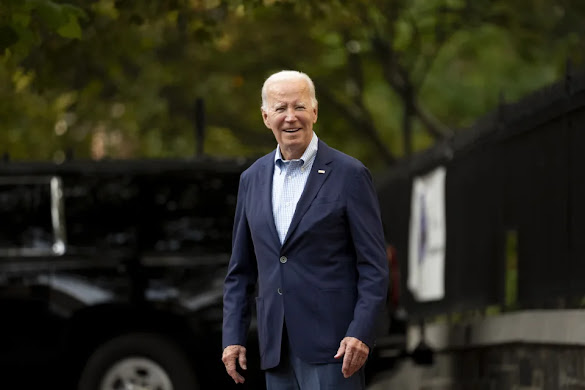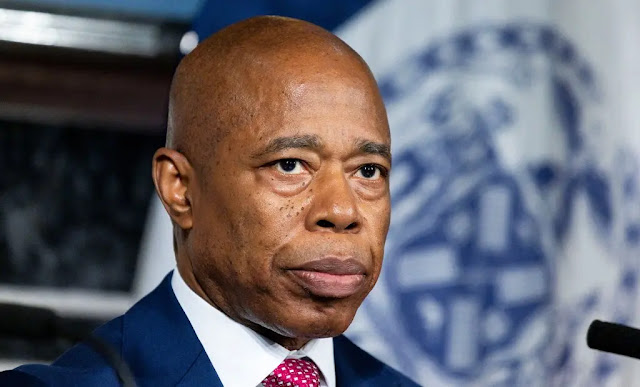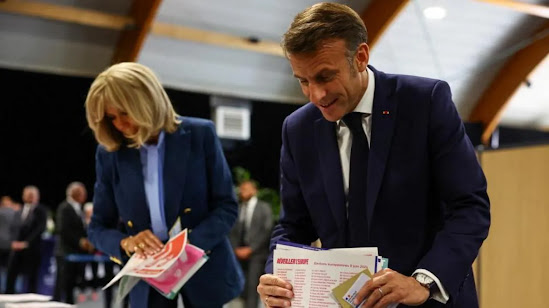Biden's Upcoming Visit to Hanoi Aims to Strengthen US-Vietnam Relations.
WASHINGTON DC
In an effort to bolster the relationship between the United States and Vietnam, President Joe Biden is scheduled to journey to Hanoi next month for a significant diplomatic engagement with General Secretary Nguyen Phu Trong and other prominent Vietnamese leaders. This announcement was made by the White House on Monday.
The President's visit to Hanoi is set for September 10, and it has been included as an additional stop following his attendance at the annual Group of 20 leaders' summit in India.
During the visit, discussions will focus on various avenues to enhance ties between the two nations, including the expansion of a technology-driven Vietnamese economy, fostering education exchanges and workforce development initiatives, combating climate change, and furthering regional peace, prosperity, and stability. White House press secretary Karine Jean-Pierre conveyed this in a statement.
Additionally, Biden's itinerary includes a stop in Alaska on his return from Vietnam, where he will commemorate the 22nd anniversary of the September 11, 2001, attacks on the United States. A memorial ceremony is planned at Joint Base Elmendorf-Richardson in Anchorage, where he will be joined by members of the military, first responders, and their families.
This announcement regarding the visit to Vietnam follows several weeks of indications from Biden himself. He mentioned at a campaign event in Maine on July 29 that Vietnam's leader expressed interest in a meeting. Later, during a reception in New Mexico, he reiterated his intention to visit Vietnam, highlighting the country's desire to redefine their relationship with the United States.
"I’ve gotten a call from the head of Vietnam, desperately wants to meet me when I go to the G20," Biden stated during the Maine reception. "He wants to elevate us to a major partner, along with Russia and China. What do you think that’s about? No, I’m not joking."
It's noteworthy that Vietnam, while striving for stronger international relations, operates as an authoritarian state under the rule of the Communist Party of Vietnam. The country has been critiqued by human rights organizations for limiting freedom of expression, association, and peaceful assembly, as well as for arresting government critics.
When queried about Vietnam's human rights record, Jean-Pierre assured reporters that Biden remains committed to addressing human rights concerns with any leader.
Throughout his presidency, Biden has prioritized building and deepening relationships in Southeast Asia, prompted by increasing concerns about China's expanding military and economic influence in the region. Concurrently, his administration aims to enhance communication with various governments to collaborate on shared interests like combating climate change and averting unnecessary conflicts.
The United States has long sought to strengthen its ties with Vietnam, although the latter has cautiously approached these overtures. China and Russia have historically been significant trade partners for Vietnam. Despite territorial disputes and a brief war in 1979, China stands as Vietnam's primary trading ally. China's border is situated less than 60 miles (96 kilometers) from Hanoi.
Earlier this year, Secretary of State Antony Blinken's visit to Vietnam followed the 50th anniversary of the U.S. troop withdrawal that marked the end of American military involvement in the country. This visit aimed to elevate bilateral relations. Additionally, Treasury Secretary Janet Yellen made a trip to Hanoi in July.
Diplomatic ties between the United States and Vietnam were reestablished in 1995. Since then, bilateral trade has surged, reaching a peak of $138 billion in goods trade last year.
Vietnam has become a vital hub for global manufacturers such as Samsung Electronics and LG, suppliers to Apple, and automobile companies like Honda and Toyota. As supply chains faced strain due to the COVID-19 pandemic and geopolitical tensions, Vietnam emerged as an attractive alternative to China for production relocation.
This announcement about the Vietnam visit follows Biden's recent hosting of Japan and South Korea's leaders at the historic Camp David summit, where an economic and security agreement was solidified. Biden's efforts are aimed at fostering a closer relationship between the two East Asian nations in light of shared concerns about China's assertiveness in the Pacific and North Korea's nuclear program.





Commentaires
Enregistrer un commentaire